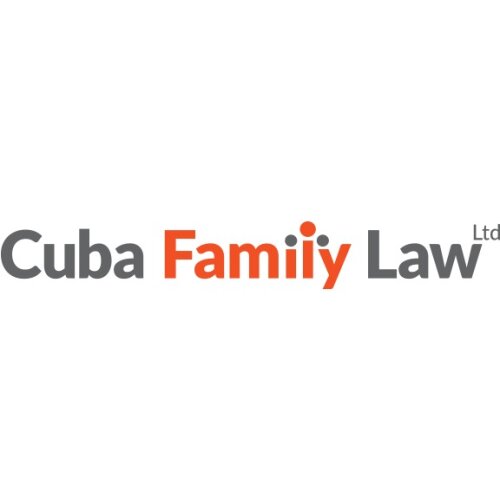Best Collaborative Law Lawyers in Wellington
Share your needs with us, get contacted by law firms.
Free. Takes 2 min.
Free Guide to Hiring a Family Lawyer
List of the best lawyers in Wellington, New Zealand
About Collaborative Law in Wellington, New Zealand:
Collaborative Law is a method of alternative dispute resolution where parties work together to resolve their legal issues without going to court. In Wellington, New Zealand, Collaborative Law is a popular option for those seeking a more amicable and cost-effective way to resolve disputes, such as divorces, family law matters, or business conflicts.
Why You May Need a Lawyer:
You may need a lawyer in Collaborative Law to ensure that your rights are protected, to navigate the complex legal processes, and to help you negotiate fair agreements with the other party. A lawyer can also provide you with valuable legal advice and support throughout the collaborative law process.
Local Laws Overview:
In Wellington, New Zealand, Collaborative Law is governed by the Family Dispute Resolution Act 2013 and the Family Court Rules. These laws set out the procedures and requirements for parties engaging in collaborative law processes, ensuring that agreements reached are legally binding and enforceable.
Frequently Asked Questions:
1. What is Collaborative Law?
Collaborative Law is a form of alternative dispute resolution where parties work together to resolve their legal issues without going to court.
2. How is Collaborative Law different from mediation?
In Collaborative Law, each party has their own lawyer who advocates for them throughout the process, whereas in mediation, a neutral mediator facilitates the conversation between the parties.
3. Can I still go to court if Collaborative Law doesn't work?
If the collaborative law process is unsuccessful, both parties must hire new lawyers if they wish to proceed to court for further legal action.
4. How long does the Collaborative Law process usually take?
The Collaborative Law process can vary depending on the complexity of the issues involved, but it typically takes a few months to reach a resolution.
5. Is Collaborative Law confidential?
Yes, Collaborative Law is confidential, and discussions that occur during the process cannot be used in court if the process is unsuccessful.
6. How much does Collaborative Law cost?
The cost of Collaborative Law varies depending on the complexity of the issues and the hourly rates of the lawyers involved. It is generally considered to be more cost-effective than litigation.
7. Can Collaborative Law be used for business disputes?
Yes, Collaborative Law can be used to resolve a wide range of legal issues, including business disputes, employment disagreements, and property matters.
8. Do both parties need to agree to use Collaborative Law?
Yes, both parties must voluntarily agree to engage in the Collaborative Law process for it to be successful.
9. What happens if one party is not honest during the Collaborative Law process?
If one party is found to be dishonest or acting in bad faith during the Collaborative Law process, the other party may choose to end the process and pursue other legal options.
10. Can children be involved in Collaborative Law proceedings?
Children can be involved in Collaborative Law proceedings if their welfare is a key issue in the dispute, and their voices can be heard through the use of child specialists or other professionals.
Additional Resources:
For more information on Collaborative Law in Wellington, New Zealand, you can contact the Auckland District Law Society or the New Zealand Law Society for guidance and resources.
Next Steps:
If you are in need of legal assistance in Collaborative Law in Wellington, New Zealand, consider reaching out to a local law firm that specializes in this area of law. They can guide you through the process and help you achieve a fair and amicable resolution to your legal issues.
Lawzana helps you find the best lawyers and law firms in Wellington through a curated and pre-screened list of qualified legal professionals. Our platform offers rankings and detailed profiles of attorneys and law firms, allowing you to compare based on practice areas, including Collaborative Law, experience, and client feedback.
Each profile includes a description of the firm's areas of practice, client reviews, team members and partners, year of establishment, spoken languages, office locations, contact information, social media presence, and any published articles or resources. Most firms on our platform speak English and are experienced in both local and international legal matters.
Get a quote from top-rated law firms in Wellington, New Zealand — quickly, securely, and without unnecessary hassle.
Disclaimer:
The information provided on this page is for general informational purposes only and does not constitute legal advice. While we strive to ensure the accuracy and relevance of the content, legal information may change over time, and interpretations of the law can vary. You should always consult with a qualified legal professional for advice specific to your situation.
We disclaim all liability for actions taken or not taken based on the content of this page. If you believe any information is incorrect or outdated, please contact us, and we will review and update it where appropriate.








